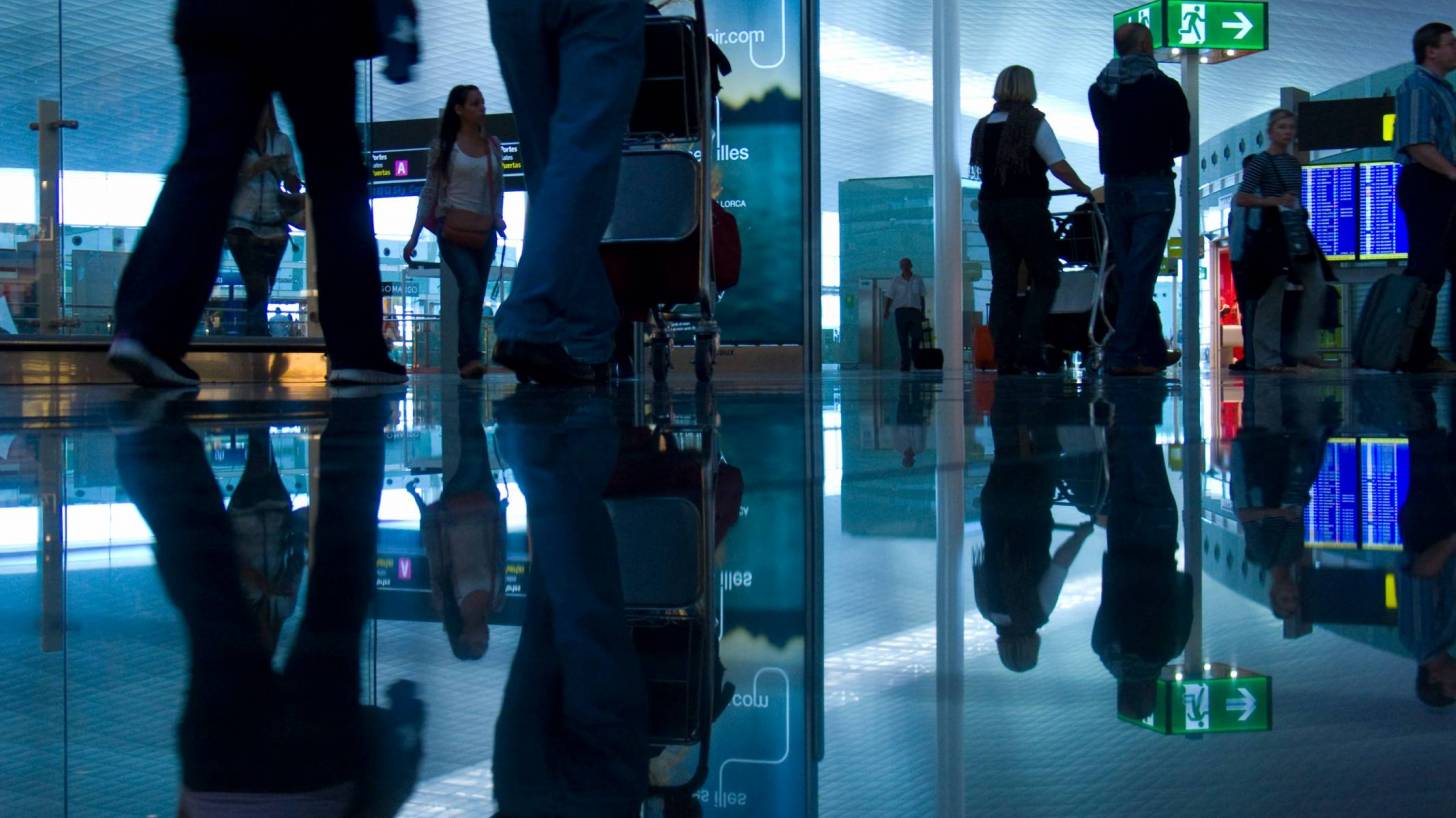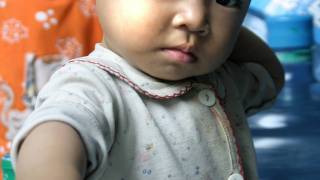Newark International Airport Visitors May Have Been Exposed to Measles

An international female traveler with a confirmed case of measles arrived in Terminal C at Newark Liberty International Airport in New Jersey and departed for Indianapolis, Indiana from a domestic terminal on January 2, 2018.
This Indiana University student was determined to be infectious on that day.
Indiana University (IU) is working with the Monroe County Health Department and the Indiana State Department of Health to identify and notify anyone who may have been in close contact with the student. There hasn’t been a case of measles at IU since 2013 when only one case was reported.
Additionally, she may have moved around Terminal C during her layover, reported the New Jersey Department of Health (DOH).
If you were at the airport between 6:30 a.m. and 5:30 p.m, you may have been exposed to measles, says the NJ DOH.
If you have been exposed, you are at risk if you have not been vaccinated or have not had measles.
Measles is a disease caused by a virus that is spread through the air by breathing, coughing, or sneezing. Measles virus is highly contagious and can remain so for up to 2 hours in the air or on surfaces, reports the Centers for Disease Control and Prevention (CDC).
Moreover, if you are infected, symptoms could develop as late as January 23, 2018. If you develop symptoms of measles, the Department of Health recommends that you call a health care provider before going anywhere.
The local health departments are also working to notify New Jersey residents who were identified as potentially exposed on the ill individual’s flights.
In the United States, most measles cases result from international travel.
The disease is brought into the United States by people who get infected in other countries. A 2017 study found that more than half the measles cases imported to the U.S. were from adult travelers who were not immune to the disease prior to traveling abroad.
"Two doses of measles vaccine are about 97 percent effective in preventing measles,” said Dr. Christina Tan, NJ state epidemiologist.
“If you’re planning an international trip, the World Health Organization recommends that adults or adolescents unsure of their immune status get a dose of measles vaccine before traveling,” Dr. Tan added.
The CDC recommends that international travelers protect themselves by making sure they are vaccinated against measles with the MMR (measles, mumps, and rubella) vaccine.
Two doses of MMR vaccine are about 97% effective at preventing measles; one dose is about 93% effective, reports the CDC.
Before departure from the United States, infants (6 through 11 months of age) should have 1 dose of MMR vaccine, and adults and children over 1 year of age should have 2 doses of MMR vaccine separated by at least 28 days.
Clinicians should keep measles in mind when treating patients with fever and rash, especially if the patient has recently traveled internationally, says the CDC.
In the USA, there are two mumps vaccinations, MMR-II and ProQuad.
The CDC Vaccine Price List provides the private sector MMR vaccine prices for general information.
Most pediatricians and pharmacies offer the MMR vaccine, and vaccine discounts can be found here.
Vaccines, like any medicine, can have side effects, says the CDC. You are encouraged to report negative side effects of vaccines to the FDA or CDC.
Our Trust Standards: Medical Advisory Committee


























